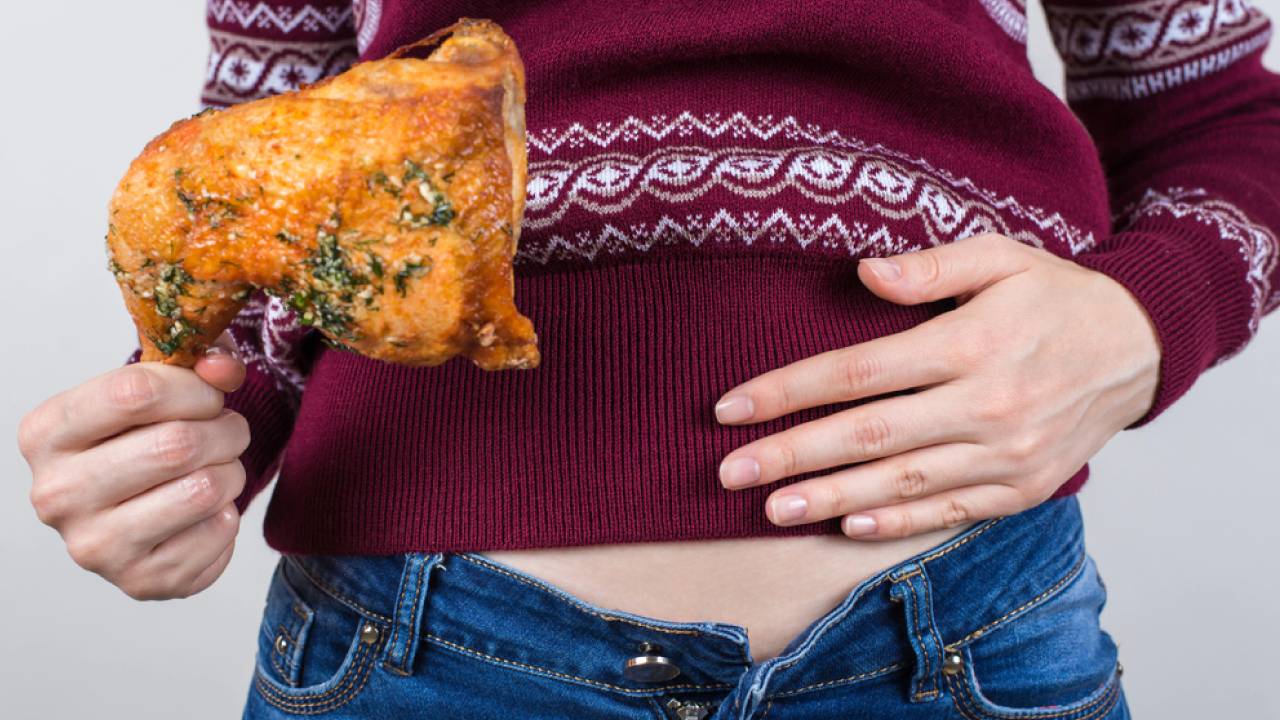
Thanksgiving Binge
I love a traditional Thanksgiving meal with family and friends. But I don’t look forward to the bloated feeling that comes after the festivities.
Depending on age, weight, and gender, most people should have somewhere between 1,600 and 2,800 calories daily. However, the average American will consume a hefty 3,000 calories on Thanksgiving for dinner alone. Drinks, desserts, and appetizers can bring the total calorie count to 4,500, according to the Calorie Control Council, an industry group. Many of these people will feel guilty, disgusted, or depressed after overeating.
Binge eating is defined as frequently consuming unusually large amounts of food in one sitting and feeling out of control. Occasional episodes of overeating do not qualify for a clinical diagnosis of binge eating, but if you engage in recurrent behaviors of at least three of the following you fit the category of a binge eater:
Eating rapidly until uncomfortably full
Eating large amounts when not hungry
Eating alone to hide your consumption
Depression, guilt, and self-disgust follow eating
Occurs twice weekly for 6 months
Like other addictions, eating disorders exist on a spectrum from use, misuse, abuse, and, finally, addiction or dependence. A healthy use of food fuels the body. Misuse of food occurs when we use it for comfort, reward, or to celebrate. We abuse food when we use it to mask or medicate feelings. Ultimately, food can be used compulsively to cope with an irresistible urge to consume more and more.
Some of us engage in emotional eating. Emotions dictate what we decide to eat and how much we eat. Emotional hunger won’t acknowledge fullness in the stomach as a reason to stop. It develops quickly and makes you feel an urgency to grab something and chew. The dopamine receptor sites trigger a rush of pleasure in the brain and body. Every time you eat something high in salt, sugar, or fat, you experience a rush of feel-good chemicals. If this occurs often enough, you create a pathway in your brain that can result in an unhealthy habit or even addiction.
There are severe medical consequences of compulsive eating, binge-purge, or excessive fasting. Some of these are gastric problems, kidney damage, abnormal metabolism, heart attack, or stroke. When these or other problems arise, food is no longer your friend.
Disordered eating is the greatest predictor of developing an eating disorder. If you have a developing problem, early intervention is required.
